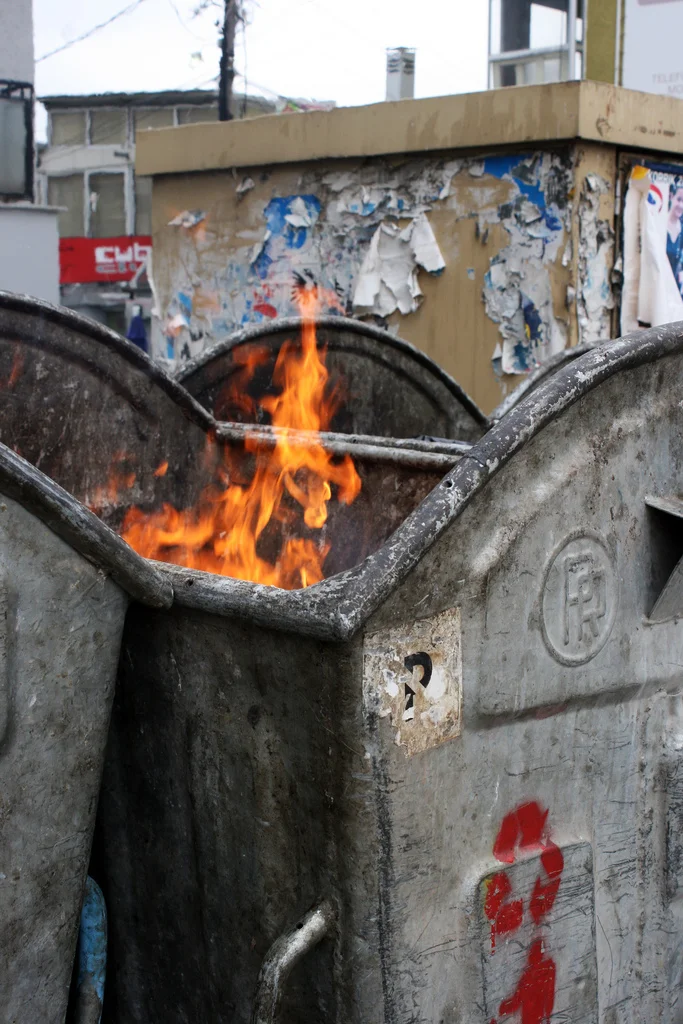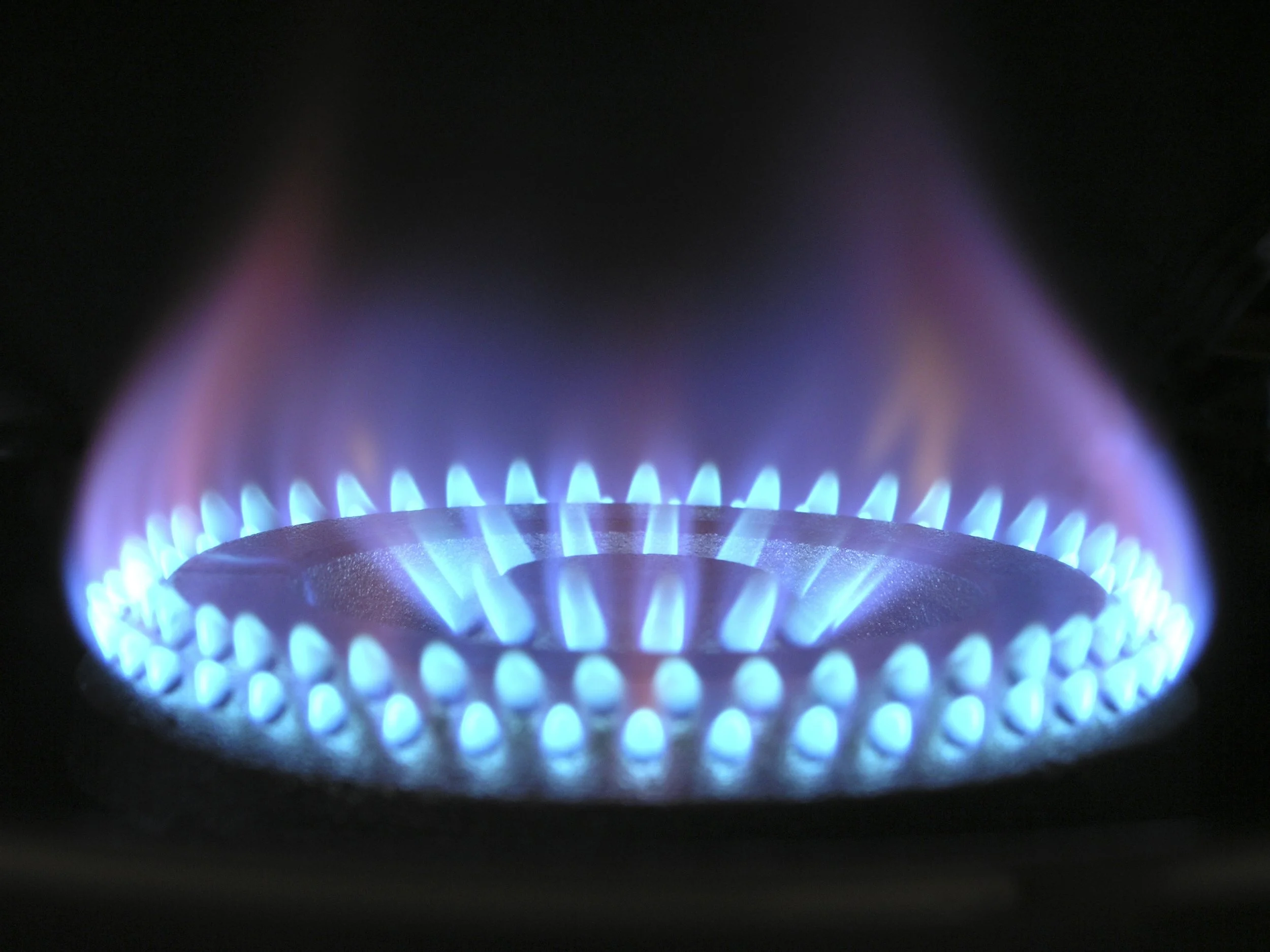Climable’s offers free climate change and clean energy curriculum! If you’re looking to get your middle or high school class engaged in these critical topics, you’re in luck. Our lessons come equipped with everything a teacher needs to get going now. Read on to learn more!
From Niche To Need: The Importance of Inclusion
Promoting Pollinator Networks
We’ve got bees on the brain! We’ve been brushing up on our pollinator trivia as we gear up for our Soup Supper that focuses on the topic. Check out this interview with local bee activist Miriam Shenitzer and then bumble on over for soup on October 3rd!
Climate Conversation: Communicating Efficiently
This is the third in our series on talking about climate change. We’ve learned that it’s important and necessary(!) and that there are different ways to communicate the science (like rad art!). This week, we talk to someone whose job it is to communicate to a variety of audiences to make meaningful change on the sustainability front.
Climate Conversation: Smart Art
Climate Conversation: Let's Talk
Let's Make A Green New Deal
Carbon 101: IPCC Boiled Down
Climate scientists and policy makers frequently reference CO2 ppm and 2°C when they talk about climate change. What does it mean?! And now the IPCC report that we’ve been hearing about is upping the ante on what we need to do to curb carbon emissions. We put together this quick primer on emissions in case you need a refresher. Check it out!
A Future Without Natural Gas
In our Feb. 20th post, "COLD SNAP: NEW ENGLAND DOESN’T NEED MORE NATURAL GAS," we argued against adding more pipeline for natural gas, despite the severe storms and temperatures we have been seeing in New England. To take the idea a step further, we explored the idea of "electrification." Read on to see our case for this gas-less option.
Update on CoP23: “We Are Still In”
You may have heard the news today that Trump has started waffling on his stance on whether the U.S. should participate in the Paris Agreement. We decided to take a look at the most recent United Nations' CoP (Conference of the Parties) and what individual groups (i.e. not the federal government) are doing in the U.S. to meet the Paris Agreement's goals.












